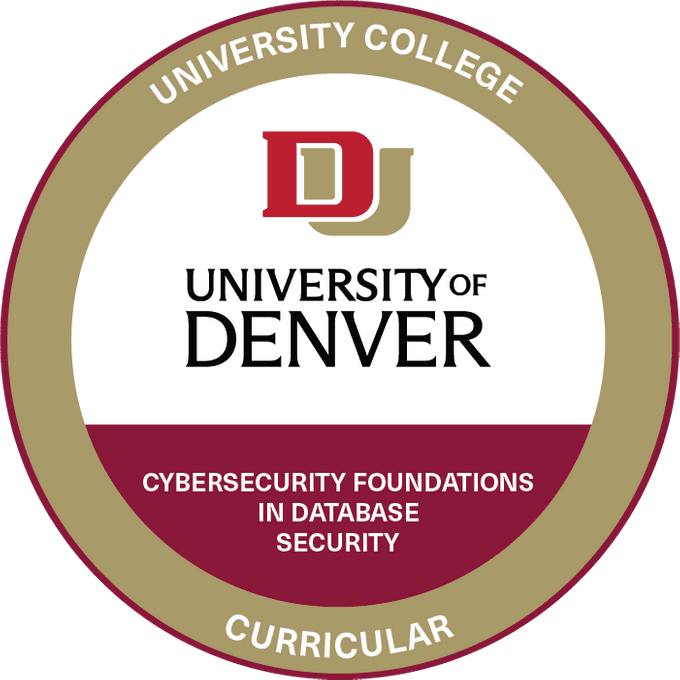Master’s Concentration
Geographic Information Systems
Develop the technical and strategic skills needed to help solve real-world problems related to geographic information systems (GIS). Whether analyzing environmental damage or detecting crime patterns, use GIS to inform decision-making. From the latest trends in GIS such as using unmanned aerial vehicles (UAVs) for GIS purposes, to more foundational spatial data processing, you’ll be prepared to plan, implement, and execute GIS projects.
We're Here To Help
*Indicates a required field.
At a Glance
Classes Begin
June 17
Term Length
10 Weeks
Master's Degree
Tuition
$40,032

Top-Ranked University
U.S. News & World Report Rankings

Talk to an Enrollment Manager
Mike Lutito
303-871-4695
Schedule an appointment
Email me
If you plan to study on an F-1 or J-1 visa, contact Tracy Joosten.
Free Application
University College is committed to educational access, and given the difficult circumstances currently impacting millions of people, we are waiving application fees.
Skills You’ll Learn
Curriculum
4
Core Courses
4
Concentration
Courses
4
Elective Courses
Featured Instructors
Sample Schedule
Plan out your schedule and determine your preferred timeline for completing your master's degree—finish in as few as 18 months or take up to five years.
Interested in a digital badge?
Learn about badge requirements, how to apply, and more!

Cybersecurity Foundations in Application Security

Cybersecurity Foundations in Database Security

Cybersecurity Foundations in Healthcare
Take a Course Before You Apply
We know how important it is to get started when you’re ready and that’s why you can enroll in a course before you officially apply.
Career Outcomes
Predicted outcomes for graduates of Geographic Information Systems
The increasing popularity of products such as Google Maps, the integration of location-based services on apps, and the prominence of maps in social media has brought GIS to the forefront of technology.
Job Titles
Geospatial Information Scientists and Technologists Salary: National Average
$86,510
(U.S. Bureau of Labor Statistics)
Get Ahead with Career Services
One-on-one career coaching and mock interviews
Job database dedicated to DU students and alumni
Résumé and cover letter guidance
Hear from Our Students
Theme: Job Satisfaction
Information Technology
“That master’s degree had been on my bucket list for more than 20 years and I just started thinking now’s the time, I’m not going to procrastinate anymore!” —Carolyn Hinkley, graduate.
Flexible Online Classes
We understand the demands of balancing work, friends and family, and school can be challenging. That's why at University College, you can complete your program entirely online. Our online learning platform makes it easy to work anywhere at any time.
Advisory Board

Nathan Braun
Educational Consultant & Adjunct Faculty, University of Denver, University College
Accreditation

Higher Learning Commission
University College programs maintain the highest level of accreditation offered by The Higher Learning Commission, one of the regional accrediting bodies recognized by the federal government. The University of Denver and all of its academic programs are regionally accredited by this commission, and regional accreditation is the highest standard for universities in the United States.
spacer

Colorado Technology Association
The Colorado Technology Association represents technology leaders, professionals, companies, IT departments, government and legislative leaders, and industry advisors. CTA provides members with community, insight, connections and advocacy. Our industry development work spans public policy to education to leadership.
Take the Next Step

















